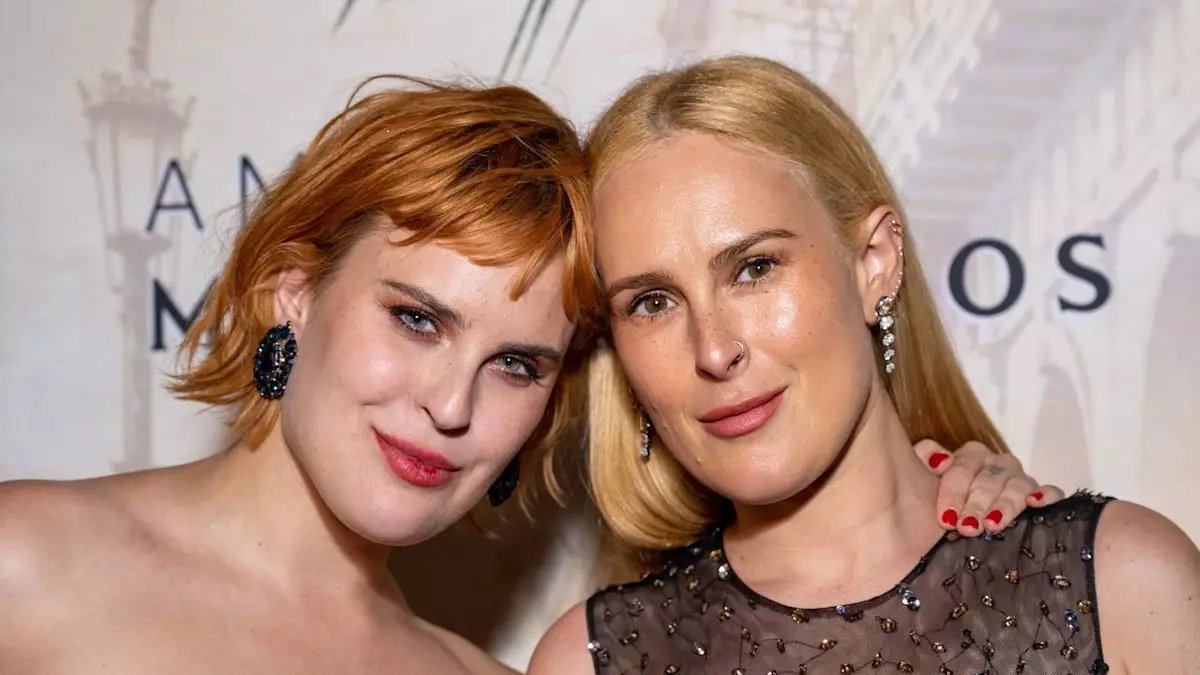At 29, Tallulah Willis, daughter of Bruce Willis and Demi Moore, received a significant diagnosis that not only altered her understanding of herself but also strengthened her familial bonds. Her autism diagnosis was not a sudden revelation; rather, it acted as a catalyst for both Tallulah and her family to embrace authenticity. The realization that she could embrace her unique qualities without feeling pressured to conform to societal expectations instilled a sense of relief in her, allowing her to let go of the perpetual struggle of “masking” her true self.
In a recent interview with HELLO!, Tallulah articulated how her relationship with her sisters, Rumer and Scout, has evolved positively post-diagnosis. She emphasized the newfound encouragement she receives from them to express her needs, which has fostered a deeper connection among them. This candor is indicative of the emotional safety net that a supportive family can provide, allowing individuals to articulate their struggles and seek assistance without judgment. This has undoubtedly been pivotal for Tallulah in her pursuit of self-acceptance.
Tallulah also shared insights into managing her energy levels, a realization that arose from her experiences as a person on the autism spectrum. Rather than viewing fatigue as solely a physical symptom, she has learned to recognize it as an indicator that she needs to recalibrate her activities and rest accordingly. Her approach to the Autism Speaks gala was a testament to this: understanding the importance of conserving energy for significant events allowed her to engage fully in what she describes as a “wonderful and buzzy” experience without overwhelming herself.
Receiving an honor at the Autism Speaks gala was a poignant moment for Tallulah, who described the experience as surreal. The ceremony, during which her sister Rumer presented her with the award, underscored the power of familial support. Rumer’s heartfelt introduction highlighted Tallulah’s distinctive creativity and her remarkable journey toward self-acceptance. Her words painted a picture of Tallulah as someone who, after years of grappling with her identity, has finally embraced her quirks and sensitivities. This transformative experience reflects not just personal growth but also the broader narrative of individuals on the autism spectrum finding strength in their differences.
Tallulah Willis’ story serves as a beacon of hope and inspiration for those grappling with similar diagnoses. By sharing her journey, she encourages others to embrace their identities, reminding them that understanding themselves authentically is a vital component of personal success. The bonds formed through her diagnosis highlight the importance of community, connection, and communication, illustrating how these elements can combat isolation and foster a more inclusive environment for individuals with autism. Moving forward, Tallulah exemplifies how owning one’s identity can lead to empowerment, connection, and a holistic understanding of self.

